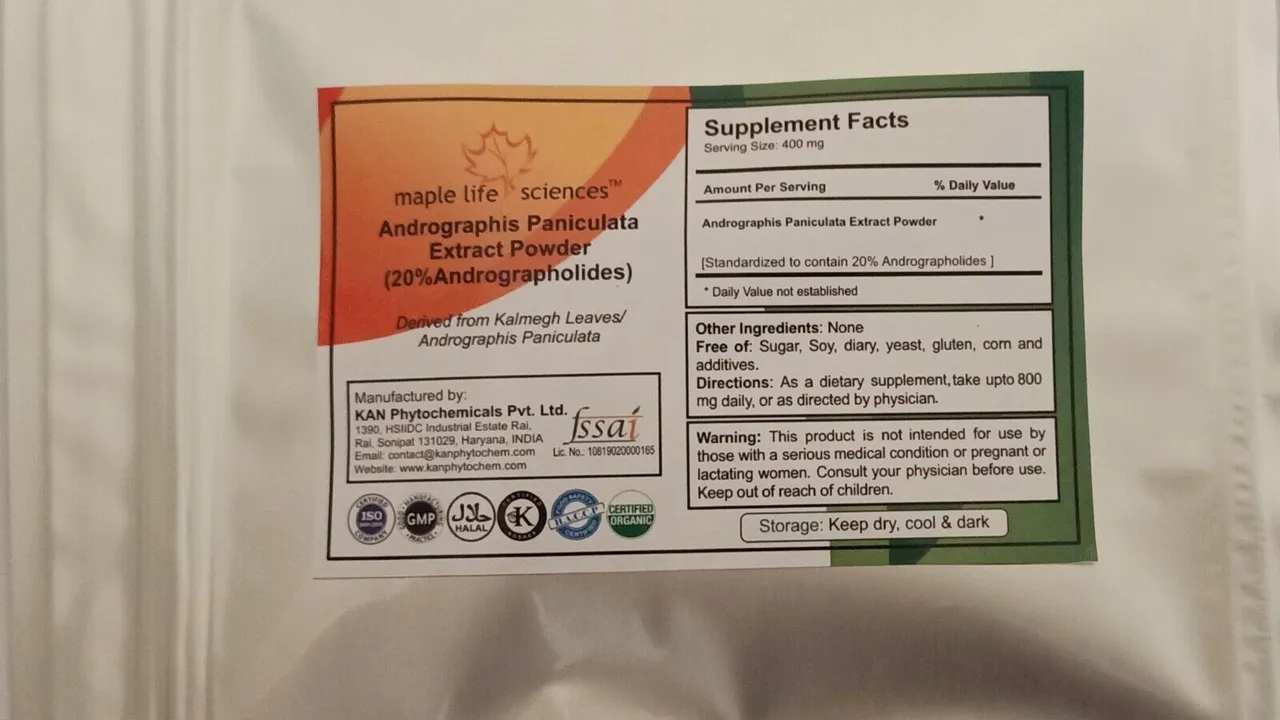Liver Health Made Simple: What Works, What Doesn’t
Your liver does a ton of work – it filters toxins, stores energy and helps digest food. When you treat it right, you feel more energetic and avoid serious issues later. Below are the everyday actions that actually help your liver stay strong.
Eat Smart for a Strong Liver
First up, food. Whole vegetables, especially leafy greens like spinach and kale, give the liver antioxidants that mop up free radicals. Swap white bread for whole grain versions; fiber slows sugar spikes that can stress liver cells.
Fat matters too. Choose unsaturated fats found in olive oil, nuts and fatty fish over fried foods or cheap cuts of meat. Omega‑3s in salmon and sardines cut inflammation and keep the liver’s blood flow smooth.
Avoiding excess sugar is a no‑brainer. Sugary drinks, candy and even large portions of fruit juice flood the liver with fructose, which can turn into fat inside the organ. If you crave something sweet, reach for fresh berries or a small piece of dark chocolate instead.
Supplements & Herbs That Actually Help
Not every supplement lives up to its hype, but a few have solid backing. Fumarate, mentioned in one of our articles, supports the liver’s energy cycles and acts as an antioxidant. A daily dose of 500 mg (as recommended by a health professional) can boost detox pathways without side effects.
Milk thistle is another classic. The active compound silymarin protects liver cells from damage caused by alcohol or medication. Look for extracts that contain at least 70% silymarin for the best effect.
If you’re on long‑term meds like disoproxil (used in HIV treatment), talk to your doctor about bone‑protecting supplements such as calcium and vitamin D – they also ease some liver strain. Always check with a professional before adding anything new, especially if you have existing health conditions.
Beyond pills, hydration matters. Drinking enough water helps the liver flush waste products. Aim for at least eight glasses a day; more if you exercise or live in a hot climate.
Watch Out for Warning Signs
Even with great habits, problems can sneak up. Yellowish skin or eyes, persistent fatigue, dark urine and swelling in the abdomen are red flags. If any of these show up, see a doctor fast – early detection makes treatment easier.
Regular check‑ups are cheap insurance. A simple blood test that measures ALT and AST enzymes tells if the liver is under stress. Most labs can do this during an annual visit.
Lifestyle Tweaks That Add Up
Cut back on alcohol. One to two drinks a week won’t wreck most livers, but binge drinking does serious damage fast. If you’re unsure how much is safe, stick to the guideline of no more than 14 units per week spread over several days.
Exercise isn’t just for muscles; it improves insulin sensitivity and reduces liver fat. Even a brisk 30‑minute walk most days keeps blood sugar steady and supports liver health.
Finally, manage stress. Chronic stress raises cortisol, which can increase liver fat storage. Simple breathing exercises or short meditation sessions can lower cortisol levels without any extra cost.
Putting these tips together creates a solid foundation for liver wellness. Eat clean, stay hydrated, choose proven supplements and keep an eye on warning signs – your liver will thank you with better energy and fewer doctor visits.
Hey guys, I want to dive into something important today. We're going to discuss Verapamil and liver health. I know, it's a heavy topic, but it's vital we understand the effects of this medication on our body, especially our liver. We'll also talk about safety precautions we need to consider. So come along with me on this journey of discovery, for our body's sake.

